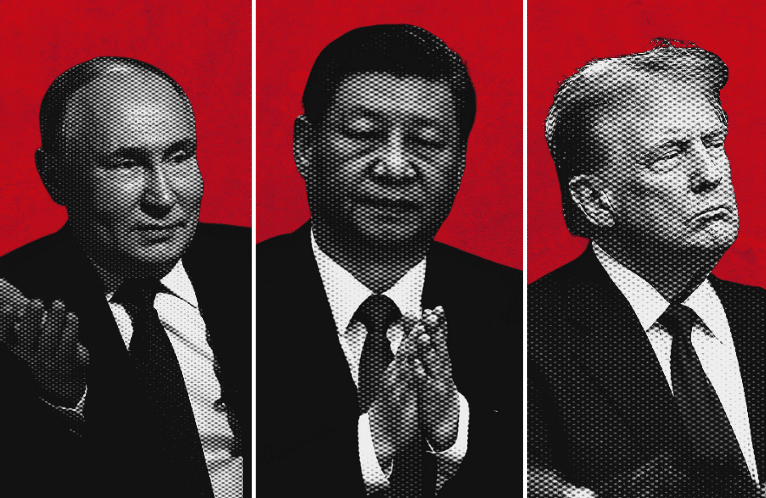OP-ED: Will Elizabeth Warren Become Hillary Clinton’s Running Mate?
On June 9th, 2016, President Obama finally delivered the long awaited endorsement of Hillary Clinton. Yet that was not the only groundbreaking event of day. Later that afternoon, Elizabeth Warren formally endorsed Hillary Clinton’s candidacy, while simultaneously confirming an interest in becoming Hillary Clinton’s running mate.
Now the question is; will Warren become Clinton’s the Vice Presidential Pick?
There are unavoidable drawbacks to this possibility. First of all, having two women on a major party ticket may sound alluring at first, but it can eventually prove to be counterproductive. Furthermore, the fact that Warren was one of the last remaining female Democratic senators to publicly endorse Hillary Clinton may be a setback for Warren’s path to the vice presidency, as her neutrality has essentially allowed voters to fantasize about her possible interest in endorsing Sanders.
However, these hindrances should not ultimately perturb Clinton in her decision-making. Clinton’s team is known for being extraordinarily rational and appropriate in both presentation and strategy. Currently, the primary goal of both Clinton and the Democratic Party is to secure the White House, and the previously mentioned drawbacks are not significant enough to become major hurdles. In another typical election, having two women lead a major political party may not be the wisest of decisions. However, the fact is that their opponent in this current election has a peculiar interest in denouncing people for their sex or race. When you have two members of a gender minority run against a candidate with aggressively vicious tactics, it becomes easy to sympathize with the minority. Although the Clinton campaign may not appreciate Warren’s late endorsement, they will still prioritize maximizing their chances to running a successful campaign. Warren’s liberal progressive views have consistently been extremely popular within the Democratic Party, perhaps even more so than the stances of Senator Sanders. Clinton may be the presumptive nominee of the Democratic Party, yet the fact remains that many Democratic voters are still unwilling to relinquish their support for Senator Sanders. Although Sanders will most likely be unsuccessful in obtaining the Democratic presidential nomination, his progressive policies have spurred passionate assent, especially amongst young voters. Contrarily, Clinton has not yet achieved the same widespread popularity. A few of her previous unpopular political decisions as well as her connections to Wall Street have contributed to the unfair depiction of her as a “corrupt politician”. Fortunately, Warren has consistently achieved acceptability and support both within the Democratic Party as well as amidst the general American population. Her addition to Clinton’s campaign will effectively boost Clinton’s popularity and decrease Trump’s dangerously increasing chances to obtain the presidency.
Furthermore, it is also important to take into consideration the effects of such a decision should Clinton finally obtain the presidency. America needs a Vice President who has the ability to provide constructive advice to the head of state. As a favorite of the progressive left, Warren’s liberal ideologies and insightful visions will certainly prove useful to the shaping of America’s future. It may be time for Warren to take her out of the Senate and into a position where her thoughts may be readily shared with the executive forces of the country. Another crucial point is the fact that the Vice President is first in the presidential line of succession and hence must be immediately prepared to lead the country. Similar to Clinton, Warren’s qualifications are also immensely impressive and suited to politics. Hence, having Warren in this position will not only ensure a successful campaign, but will also become useful in the White House.
If we do see a Clinton-Warren ticket, it will be fascinating to see how the two phenomenal debaters cooperate to combat Trump’s bigotry and discriminatory comments.
By: MARGARET LU, 17 June 2016








